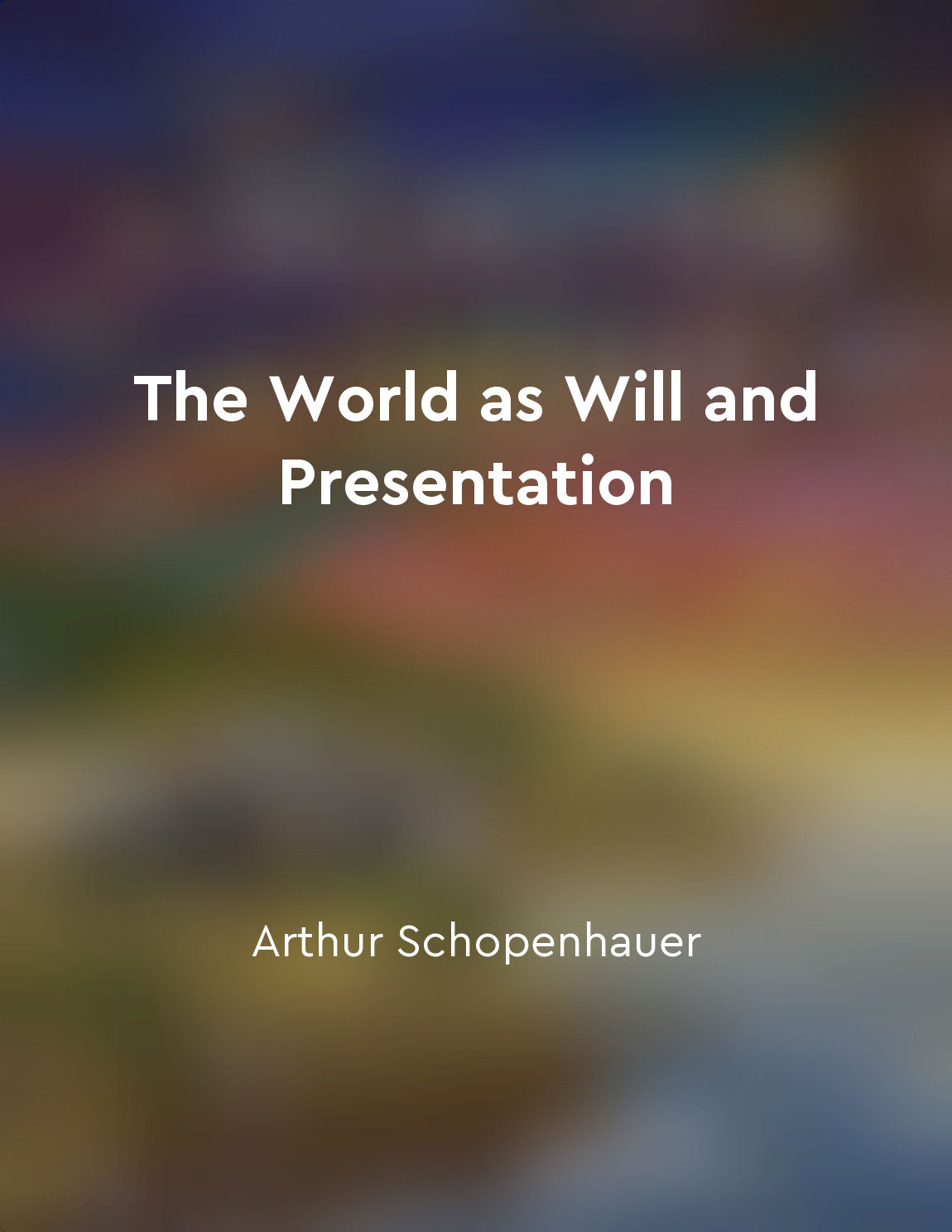Knowledge is based on experience from "summary" of A Treatise of Human Nature: Texts by David Hume
According to the philosopher David Hume, knowledge is ultimately derived from our experiences. He posits that our understanding of the world is built upon our interactions with it, rather than being innate or derived from abstract reasoning. Hume argues that all our thoughts and beliefs can be traced back to the impressions we have received through our senses. In Hume's view, our minds are like blank slates at birth, waiting to be filled with information from the outside world. Through our senses, we receive a constant stream of impressions that form the foundation of our knowledge. These impressions are the raw material from which we construct our beliefs and ideas about the world. Hume distinguishes between two types of perceptions: impressions and ideas. Impressions are the more vivid and forceful mental experiences that come directly from our senses, while ideas are fainter copies of these impressions that we generate in our minds. Hume argues that all our ideas are ultimately derived from our impressions, as we can only think about things that we have previously experienced. For Hume, even our most abstract and complex ideas can be traced back to simple impressions. He believes that all knowledge, no matter how sophisticated, ultimately rests on the foundation of our sensory experiences. This empiricist view of knowledge stands in contrast to rationalist philosophies that emphasize innate ideas or a priori reasoning.- Hume's philosophy of knowledge is rooted in the idea that our understanding of the world is based on our experiences. He argues that all our thoughts and beliefs ultimately come from the impressions we receive through our senses. This empiricist approach to knowledge challenges traditional notions of innate ideas and abstract reasoning, emphasizing the importance of sensory experience in shaping our understanding of the world.
Similar Posts
Epoche suspends judgment for pure analysis
The concept of epoché involves the suspension of judgment in order to engage in a process of pure analysis. This suspension of ...
Aristotle's teachings influenced a wide range of fields
Aristotle's ideas were not confined to philosophy but instead had a far-reaching impact on a variety of fields. His influence e...
Ethics is the path to ethical living
Ethics, as I have expounded in my work, is not merely a theoretical concept to be pondered in the abstract, but rather a practi...
Time may not exist before Big Bang
According to the theory of general relativity, the universe has not existed forever. Rather, the universe, and time itself, had...

Music represents the purest form of art
In the grand scheme of artistic expression, music stands out as the most profound and sublime form of communication. Through th...
Intuition is essential in highstakes situations
Intuition plays a crucial role in high-stakes situations. When faced with decisions that have significant consequences, relying...
The importance of skepticism
Skepticism plays a crucial role in the pursuit of knowledge and truth. It serves as a tool for challenging conventional beliefs...
Selfinterest drives human behavior
In examining human nature, it is evident that self-interest plays a fundamental role in driving human behavior. The desire for ...
Analytic philosophy focuses on clarity and precision in language
Analytic philosophy places a significant emphasis on the importance of clarity and precision in language. This approach aims to...
Synthesis integrates intuitions and concepts
In the process of cognition, the mind is presented with intuitions that are raw sensory data derived from experience. These int...

